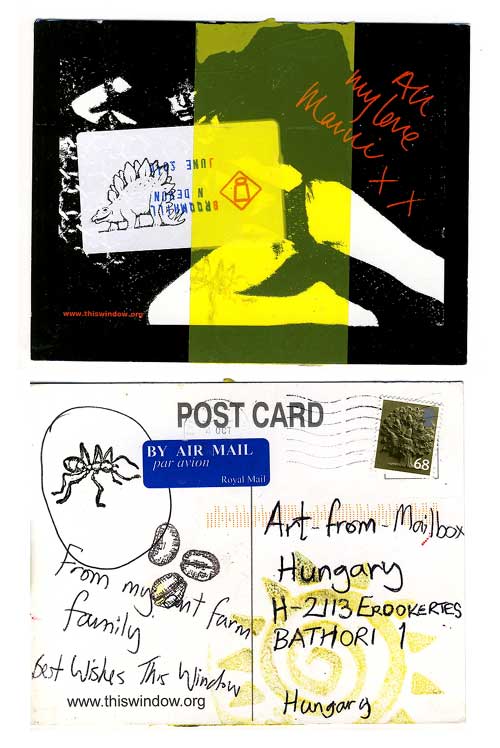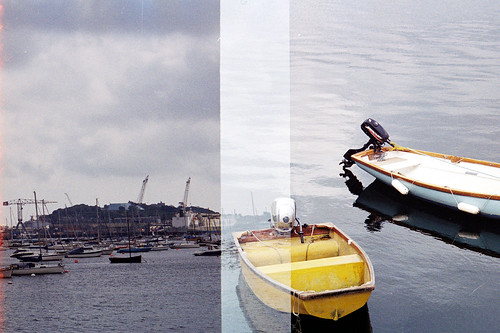Sometimes our language has a fixed distinctive expression whose meaning cannot be deduced from the combined meanings of its actual words – this jargon based spaghetti can in itself be termed as an art form or the keywords in website optimisation.
T H E L A N G U A G E OF M E . The sharing of personal information, feelings, personal details (could be fact or fiction – the majority of online persona are fake) is a strange concept. Do we like to talk about ourselves – do we think we are special? Is our online persona more interesting? Are our ‘friends’ as insecure and as dull as us? What does your boss think?
The fact that most of us have an on-line persona suggests that computer communication enables us to visit places and have discussions with people we would normally avoid. We are engaging in the pseudo-anonymous system/society. Underground activities have long since migrated out of analog media (the printed word, film etc.) into ‘this world’. This world has evolved into a global system with multiple layers in which new authorities compete to control its uses; platform wars, chip races, and operating system alliances etc. The pseudo-identity of the user is being exposed; law is punishing non-conformity, censorship and the rules of globalization have invaded the system. The Klondike Spirit has taken over the open system and turned it into the homogenized high street we all know. The art of language and communication has been shackled.
This emphasis on words as a search engine tool has in many respect created a censorship, we can only use language in a manner that Google prescribes to gain a placement in their searches. The very nature of language has been changed an altered to accommodate this new set of rules. Closing the door on non-conformity.
Words taken out of context lose their meaning. Publishing documents that contain controversial language puts the author at risk. Any constructed environment can promote alienation, but it can also enhance communication to form a quasi-organic platform for human interaction, unless of course Google disapproves of the dialogue.
The art of language and communication has been shackled by Google.
Creating good solid business keywords is not a decorative process it is a complicated exercise. Juxtaposing words together is a bit like creating a collage, the mind always tries to create a narrative when confronted with the written word. The main problem is creating a text that not only makes sense but is also effective in attracting good search engine placement. All this weight and burden the written word carries somehow devalues the purity and the the soul of written conversation, making us slaves to the likes of Google.
(A non-homogeneous system, whose terms and relationships are not constant, allows language to break up, to stumble over the rules of its grammar, by necessity it has to respond radically to other linguistic components, creating a new linguistic order and syntax. )
PB
Related articles






